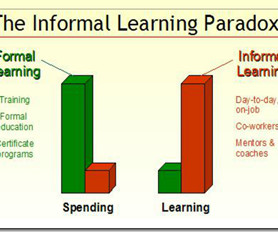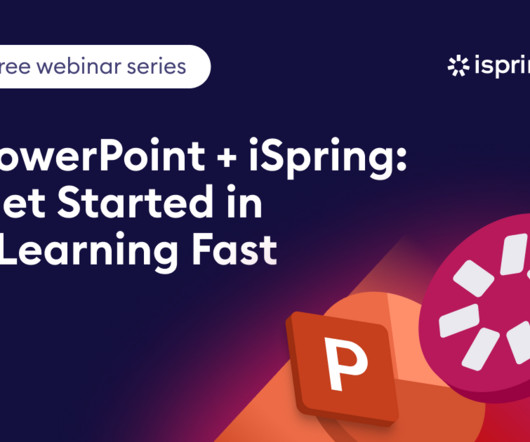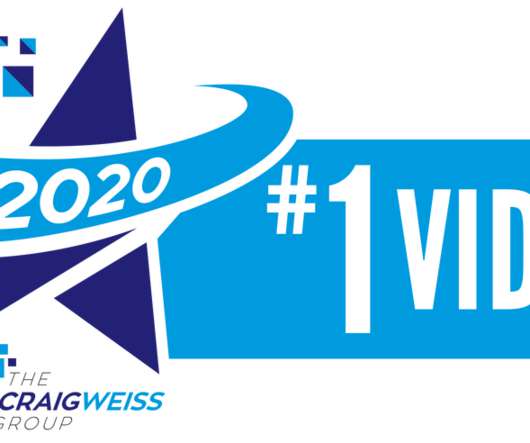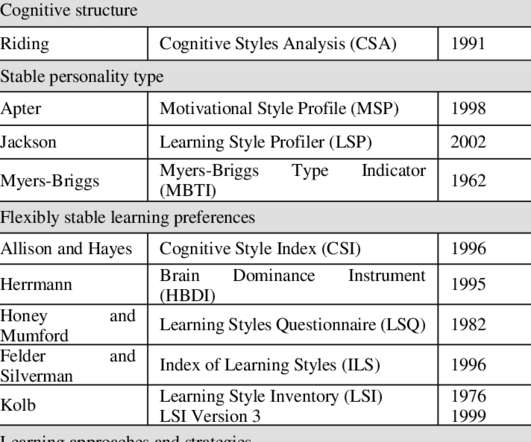How to Use Pedagogical Agents in Your eLearning
Infopro Learning
DECEMBER 27, 2016
How can you represent pedagogical agents in eLearning? Why should you invest time and money to incorporate pedagogical agents into your elearning? In addition, people learn just as well when the image of the character is present or absent, as long as they can hear the agent’s voice. Provide human-like assistance. Guide learners.















































Let's personalize your content